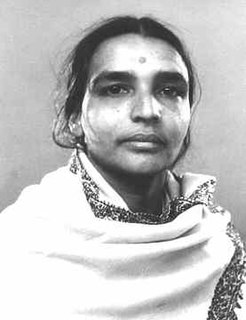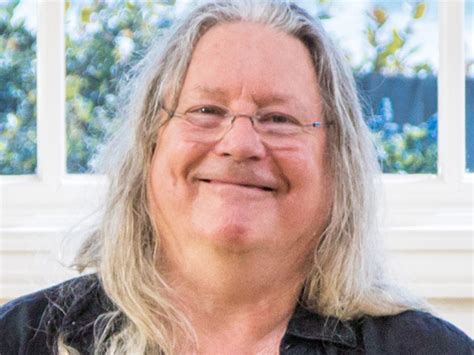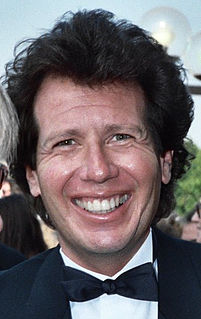A Quote by Geeta Iyengar
Whenever we find stiffness in the body, our mind should be especially supple. It is never the stiffness in our bodies that limits our practice, it is always the stiffness of our mind.
Related Quotes
Realizing that our minds control our bodies while our bodies reflect our minds amounts to understanding the most fundamental aspects of ourselves. It further equals a comprehension of the relationship between our "tools." And since the mind and body are interrelated, this understanding makes it easier to see why coordinating them is a practical way of using these tools to greatest effect-a way of using the mind and body to live our lives as art.
I want to stay active. I want to find that mind-body connection every single day, and I want other people to have that because we spend our lives on our phones, at our desks. We're not thinking about our bodies and the mental connections we should be having, and those moments help us push through to live our best life.
An affectionate disposition not only makes the mind more peaceful
and calm, but it affects our body in a positive way too. On the
other hand, hatred, jealousy and fear upset our peace of mind, make
us agitated and affect our body adversely. Even our body needs peace
of mind and is not suited to agitation. This shows that an
appreciation for peace of mind is in our blood.
Your body's ability to function as a clean and efficient channel is limited by stiffness, lack of strength, and lack of endurance. Your mind's ability is limited by the way it thinks about itself, by the way you think about you. The process of yoga is one of undoing the obstructions and limitations in your body and mind that inhibit the free flow of creative life force.
The challenge of yoga is to go beyond our limits - within reason. We continually expand the frame of the mind by using the canvas of the body. It is as if you were to stretch a canvas more and create a larger surface for a painting. But we must respect the present form of our body. If you pull too much at once, we will rip the canvas. If the practice of today damages the practice of tomorrow, it is not correct practice.
A mountain of evidence shows that our bodies are pushing, shaping, even leading our thoughts, feelings, and behaviors. That the body affects the mind is, it's fair to say, incontestable. And it's doing so in ways that either facilitate or impede our ability to bring our authentic best selves to our biggest challenges.
In the beginner's mind there is no thought, "I have attained something." All self-centered thoughts limit our vast mind. When we have no thought of achievement, no thought of self, we are true beginners. Then we can really learn something. The beginner's mind is the mind of compassion. When our mind is compassionate, it is boundless. Dogen-zenji, the founder of our school, always emphasized how important it is to resume our boundless original mind. Then we are always true to ourselves, in sympathy with all beings, and can actually practice.
The purpose of spiritual life is not to create some special state of mind. A state of mind is always temporary. The purpose is to work directly with the most primary elements of our body and our mind, to see the ways we get trapped by our fears, desires, and anger, to learn directly our capacity for freedom.





































